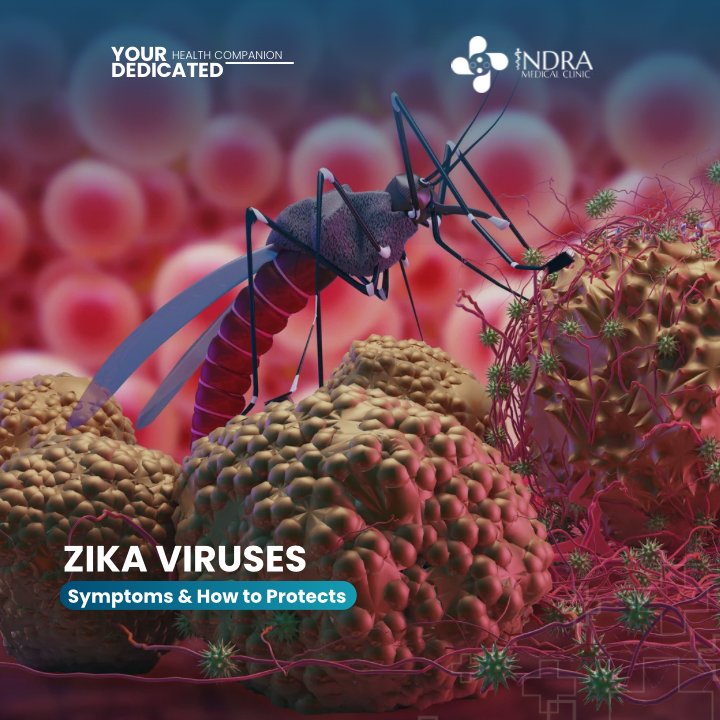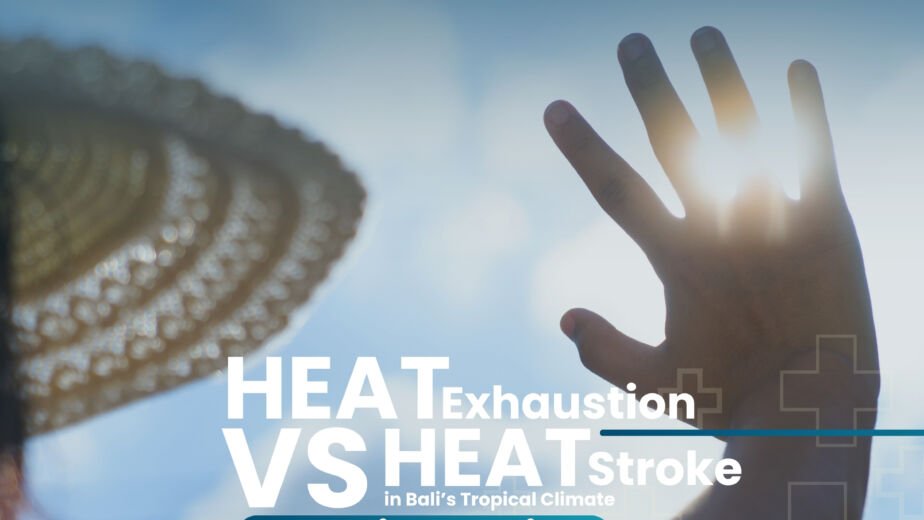What is Zika Virus?
Zika is a mosquito-borne virus mainly spread by the Aedes aegypti mosquito, the same one that carries dengue and chikungunya. While many people recover fully, Zika has serious risks, especially for pregnant women, as it can cause birth defects such as microcephaly in babies.
How Zika Spreads
- Mosquito bites – the most common route.
- Mother to child – during pregnancy or birth.
- Sexual transmission – the virus can be passed through unprotected sex.
- Blood transfusion – though rare, it’s possible in areas with outbreaks.
Symptoms of Zika Virus
Most people infected with Zika don’t show severe symptoms, but when they do, they may include:
- Mild fever
- Skin rash (often itchy, spreading from face to body)
- Joint pain or swelling (especially in hands and feet)
- Red eyes (conjunctivitis)
- Headache and muscle pain
- Fatigue
Symptoms usually appear 3–14 days after being bitten by an infected mosquito and often last less than a week.
How to Protect Yourself from Zika
Since there’s no vaccine or specific treatment for Zika yet, prevention is key:
- Prevent Mosquito Bites
- Use mosquito repellents with DEET, picaridin, or lemon eucalyptus oil.
- Wear long sleeves and pants, especially in early morning and late afternoon when Aedes mosquitoes are most active.
- Sleep under mosquito nets if windows or doors are not well screened.
- Control Mosquito Breeding
- Empty containers with standing water (flower pots, buckets, old tires).
- Change water in pet bowls and vases regularly.
- Keep drains and gutters unclogged.
- Practice Safe Sex
- Use condoms, especially if you or your partner live in or have traveled to an area with Zika transmission.
- Extra Care for Pregnant Women
- Avoid traveling to Zika-affected areas if possible.
- Strictly follow mosquito protection measures.
- Consult healthcare providers for regular check-ups.
Final Message
Zika may not always cause severe illness, but its long-term risks—especially for unborn babies—make prevention vital. With climate change increasing mosquito populations, protecting yourself and your community has never been more important.
Simple actions like removing standing water, using repellents, and practicing safe habits can go a long way in reducing the spread of Zika and other mosquito-borne diseases.
Your health matters. If you’re not sure about your symptoms or just feel “off,” don’t wait — talk to a medical provider.



